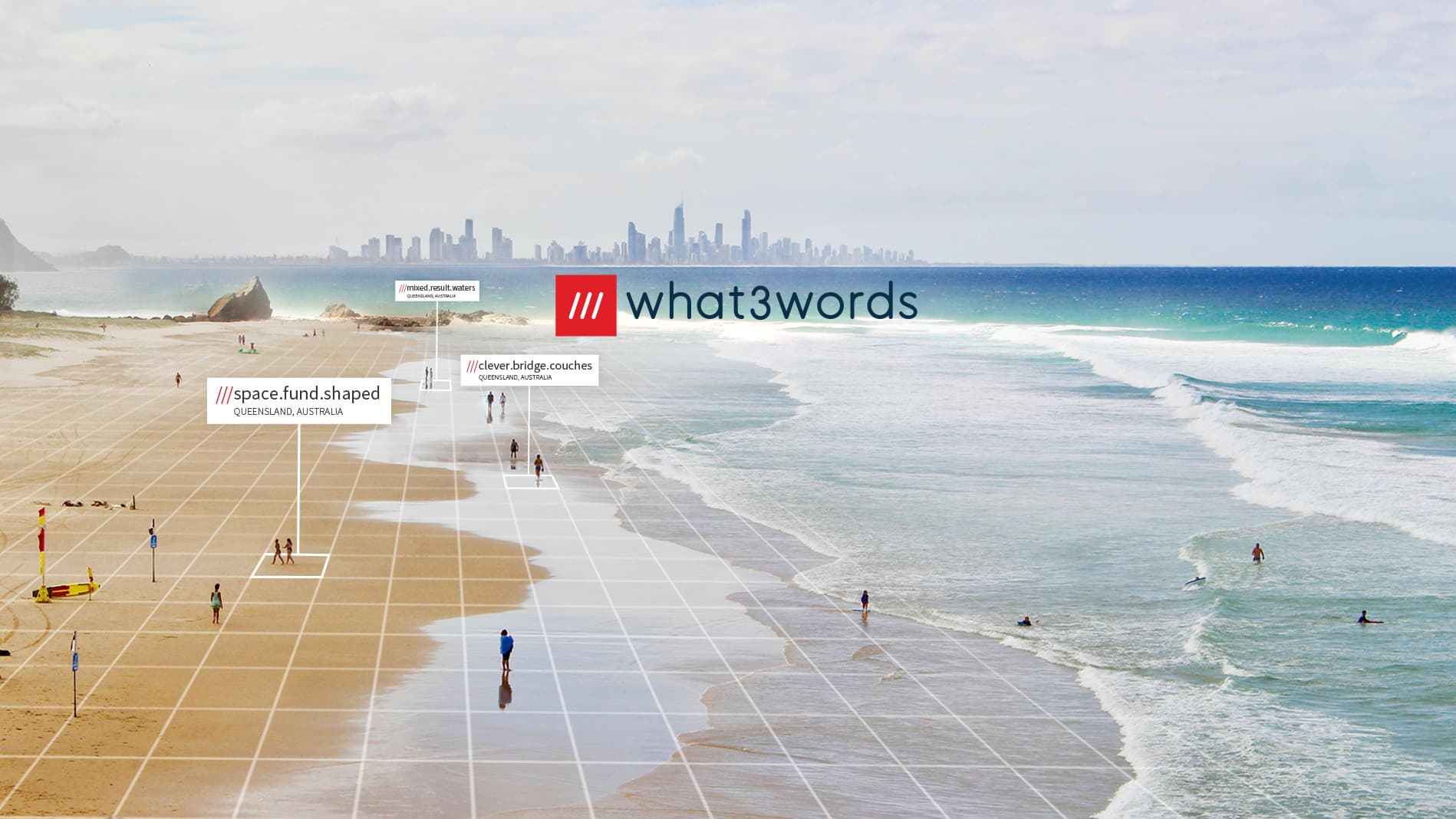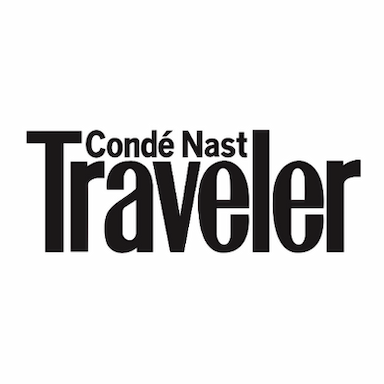Getting travel writers to care about tech for what3words


what3words is the simplest way to talk about location. We’ve divided the world into a grid of 3m x 3m squares and assigned each one a unique 3 word address.
Redefine maps
Help Airbnb Rent a Reindeer
This block is only supported on the 'Case Study' post type.
How do you Airbnb a remote yurt in Mongolia that moves multiple times a year, has no street address, and and is only accessible after a 3 day trek via reindeer? No, this isn’t some horrific future SAT question – this was an actual challenge posed by Airbnb as they searched for the next great adventure travel experience. Thankfully, what3words was the only tech startup in the world capable of answering that challenge. Using their global addressing system that divides earth into 57 trillion 3m x 3m squares, each with its own 3-word address, what3words unlocked an entirely new adventure travel experience for millions of Airbnb users practically overnight.
Now comes Clarity’s (arguably) more difficult challenge: how do you get travel writers, whose technology coverage doesn’t go much deeper than “10 best action cameras for your next vacation,” to care about the deeply technical problem of creating a new, geocoded, addressing system?
While we’d love to say we dropped a bunch of reporters in the woods of Mongolia with food, water and a compass (we’ll do that next time), our strategy for this campaign came down to good, old-fashioned storytelling and a hefty dose of grit.
We saw the Airbnb news not just as an opportunity to tell the story of remote global addressing, but also the explosion of adventure travel across Airbnb, the need for sustainable tourism, and how what3words helped preserve these people’s traditional ways of life. As a result, we garnered attention across travel media, both in the US and internationally.
We also leveraged the Airbnb news to meet with some of the world’s top technology press in different verticals critical to the what3words mission: automotive, smart cities, industrial logistics and more.




Mongolian nomads move every few weeks as part of their traditional lifestyle. Aspiring nomadic travelers like to forsake the idea of a permanent address for the chance to bop around the world with the internet as their main tether to work, family, and community. Now, thanks to a partnership between Airbnb and the London-based tech startup what3words, those two types of nomads can now meet up somewhere on the Mongolian steppe...

Travelers can now spend their days learning the ways of nomadic tribes and families in Mongolia thanks to the opening of the world’s most remote Airbnb. Mongolia’s valleys are home to a large nomadic population who often relocate throughout shifting seasons to feed their livestock. While the tribes are open to engaging with tourists, finding ways to track and pinpoint their location and convey this information to travelers can get difficult, which is why Airbnb has teamed up with what3words to make accessing these remote locations a possibility...

Where in the world are you? The answer could be a street address, or numeric GPS coordinates expressing latitude and longitude. But many locations lack street addresses, and GPS coordinates are long and cumbersome.

A universal system to index the world’s locations might sound ambitious, but that’s exactly what Chris Sheldrick and Cambridge mathematician Mohan Ganesalingam set out to build six years ago with What3words. Their mnemonic alternative to longitude and latitude coordinates consists of 57 trillion three-meter-by-three-meter squares spanning the entire globe, each associated with a unique address made of three words — like undefinedundefinedundefinedkicks.mirror.tops (the White House) and undefinedundefinedundefinedfilled.count.soap (What3words’ London office).

A partnership between Airbnb and What3words means you can now use your phone to navigate to a tent deep in the forest of northern Mongolia. What3words gives every 10-foot-square patch of the Earth a three-word label, providing a digital locator not just to homes and businesses but to sites that don't have addresses. For example, the enchanted river at the Jardin d'Acclimitation amusement park, just west of Paris, is purist.decay.spoken.

This is likely to be one of the most remote—and extreme—Airbnbs in the world. You land in Ulaanbaatar, Mongolia's capital, hop in a propeller plane to the Taiga forest of northern Mongolia, and trade flight for a 4x4 once you arrive at the forest's edge. Then, when the roads disappear, you're met not with horses, but with reindeer, which will cart you three hours to your final destination: an Airbnb tepee with your hosts, Otgonbayar and Zorigt, members of the nomadic Dukha tribe.

What on Earth am I talking about? A more appropriate question would be, "Where on Earth am I talking about?" The three-word codes are a few of the unfathomably many that have been developed by a company called What3words. The company has parceled our home world into 57 trillion 10-foot squares. And as it happens, that's about the same number of unique three-word permutations one can create from a 40,000-word vocabulary in a language such as English. If you'd like to know the three-word code of your favorite destinations, you can look it up in the company's free mobile...
Looking for a partner to help you reach your goals? We’d love to hear from you.